Not OvaryActing: Why Lowell should provide free menstrual products
It’s the day of my AP Psychology exam. As I receive my scantron, I stop writing as I realize that my period has arrived a week early. I don’t have any pads, so I frantically dash to the first floor of the main building from my testing location near the boys’ P.E. locker room. Unfortunately, both the Wellness Center and the nurse’s office are out of pads. I resort to asking women around me, stopping teachers in the hallway and running around the counseling office asking for a pad. My heart races as each minute passes: every minute spent looking for a pad is a minute less for taking the exam. By the time a counselor manages to find a pad, I’ve already lost 15 minutes of test-taking time.
My situation isn’t uncommon. A national study conducted by Free The Tampons, a national campaign to make menstrual products freely accessible in every restroom, found that 86 percent of women in the United States have gotten their period unexpectedly in public without the supplies they needed. Given that this is a common experience that over 56 percent of students at Lowell face monthly, Lowell should make menstrual hygiene products more accessible for female students by supplying free pads and tampons in every girls’ and gender-neutral restroom and ensure that they are stocked regularly.
Currently, there are coin-operated dispensers in some girls’ restrooms at Lowell, that, for every 25 cents, supply one pad or tampon. However, most of the machines haven’t been stocked in years and don’t function properly because no one is responsible for overseeing their operation. School administrators and janitorial staff alike were not able to provide clear information about who is in charge of monitoring the dispensers.
The dispensers were initially designed to be a convenient backup for students in need of menstrual hygiene products, but the cost of purchasing these products is essentially taxing menstruators for having functioning ovaries. Many Lowell students feel that pads and tampons should be offered for free at school because menstrual products are a biological need. “It’s not something a girl can control,” freshman Sienna Sisavath said.

Even though periods can be written off as a female issue, male students like senior Elijah Chen also agree that menstrual products should be free in school restrooms. Despite not having to experience periods himself, Chen understands that pads and tampons are a fundamental need for females, just as toilet paper is for everyone. “If I was a girl, I would really appreciate having [menstrual products] at my disposal because I sort of compare girls having periods with a guy peeing his pants,” he said. “Just like guys need toilet paper to clean up their messes in the bathroom, girls need pads and tampons to take care of their periods.”
An alternative to the ineffective tampon dispensers is to visit the Wellness Center or the nurse’s office, both of which offer free pads and tampons. However, the location of these rooms can pose a significant inconvenience for students like senior Emma Greene, who has had classes in the Math Wing and the World Language Building and has often lost precious class time by traveling halfway across the school to the Wellness Center or the nurse’s office to get a tampon. Greene says that there were multiple instances throughout her junior year when she got her period during her pre-calculus class but didn’t have any tampons with her, and had to miss important math lessons while going to the Wellness Center to get a tampon. “I was at the very end of the Math Wing, and I went all the way down to get a tampon [at the Wellness Center], used the tampon, and then came back, and I was gone for like seven minutes of class,” she said. “If I had just gone to the bathroom and there were tampons available, it would have taken a lot less time out of my learning.”
Even more inconvenient for Greene and other female students is that the Wellness Center and the nurse’s office aren’t always open. The Wellness Center staff and the nurse have off-site meetings during the second Wednesday of each month and once a week for an onsite team meeting. The Wellness Center is also closed every day during block 5, which can make it difficult for students to access products during those times. If no staff members are present, students can’t ask for refills when the stock of menstrual products left outside the Wellness Center or the nurse’s office runs low.
Not having easy access to menstrual hygiene products creates an abundance of problems for female students like Greene. Not only does it negatively impact their academic performance, but it also compounds the inequities that female students face in their daily lives. Having periods is an added expense for female students, and it also means that they have to undergo mood swings, stomach cramps, and back pain, which can increase vulnerability to developing depression. “Having a period already takes time and a lot of energy to go through cramps and deal with all the hormonal shifts in your body, let alone have the time taken away from your education to go and get menstrual products, use them, and come back when it could be valuable learning time that people without periods don’t have to deal with,” Greene said. Additionally, when females don’t get the menstrual supplies they need, they might resort to using alternatives such as toilet paper or paper towels, which can lead to health complications.
Not having the necessary supplies to address such a basic need can also become a significant source of stress for some students, such as junior Justine Orgel. “For me, [not having the necessary supplies] causes anxiety and it’s the only thing I think about every single time I get my period,” Orgel said. “I’m constantly thinking about if I have enough or if I need to change it, and not having them at school is definitely a stress factor. If I forget to bring them one day and then I need it, it’s just a disaster.”
The California State Legislature has tried to address the concerns of students like Greene and Orgel by passing Assembly Bill AB10, a piece of legislation that requires free menstrual products to be provided in at least half of the bathrooms in each Title 1-funded public middle school and high school in California. However, this legislation does not apply to Lowell, as the school does not qualify for Title 1 funding, with only 37 percent of students enrolled in the free and reduced lunch program rather than the required 40 percent.
With Lowell on the cusp of being considered a Title 1 school, there are many students who are in need of free menstrual products. According to research conducted by INTIMINA, a women’s health product company, the average woman spends about $13.25 a month on menstrual products, or approximately $6360 in her reproductive lifetime, from ages 12 through 52. For students who come from low-income backgrounds, the cost of these products is often too high. Despite coming from a lower middle-class background, Sisavath also experiences financial worries with purchasing menstrual hygiene products. “My parents are really hesitant to buy me menstrual products because [they’re] really expensive,” Sisavath said. “So I have to save up or try to figure out a way to use [pads and tampons] cautiously.” Because Lowell has a huge student population with over 2880 students, the number of students who come from low-income backgrounds can be much greater than some other schools. Thus, supplying free menstrual hygiene products at Lowell can stand to serve many students who are in need.

The administration shares similar financial concerns as Sisavath regarding the amount of money it costs to purchase these menstrual products. According to principal Dacotah Swett, the preliminary budget for Lowell for the 2020-21 school year was estimated to be approximately $17.3 million, but this figure is likely to change given the loss of tax revenue to the State of California resulting from the COVID-19 crisis. However, menstrual products are a necessity and should not be pushed aside. Otherwise, female students will continue to lose precious class time and be at a disadvantage with their academic performance, which continues to perpetuate gender inequity.
Another concern about providing free menstrual products for students is the practicality of the plan. Given Lowell’s enormous student population, nurse Vanessa Compagno worries that it would be too cumbersome to provide every female student with pads and tampons. “I think it’s a good idea, [but] I don’t know how realistic it would be because we’re such a big school,” she said.
One solution to address this concern is to have students regularly stock the girls’ and gender-neutral bathrooms at Lowell with pads and tampons. Clubs like Lowell Days for Girls, which fundraises to distribute menstrual hygiene products to women in need, can recruit students to work with school administrators to help stock up on menstrual products in the restrooms’ dispensers. Days for Girls Public Relations Officer and senior Amber Mach believes that having students supply products in restrooms can be an important step towards breaking the stigma surrounding menstruation by fostering a stronger sense of community at Lowell. “Having students help supply menstrual care products in the restrooms is important because it includes members of the student body in this process and initiates discussion to normalize periods,” Mach said.
Access to menstrual hygiene is a right. Women do not choose to have periods; rather, it’s a natural process that we have to experience every month for an average of 40 years of our life. Menstrual products are a necessity, just like toilet paper, soap, and paper towels. Why should women be charged for merely trying to address a basic need? All of Lowell’s girls’ and gender-neutral restrooms should provide free menstrual hygiene products because no student should have to worry about paying money to address a basic necessity that they have absolutely no control over. This isn’t merely an issue of convenience, it’s a matter of social justice and gender equity.





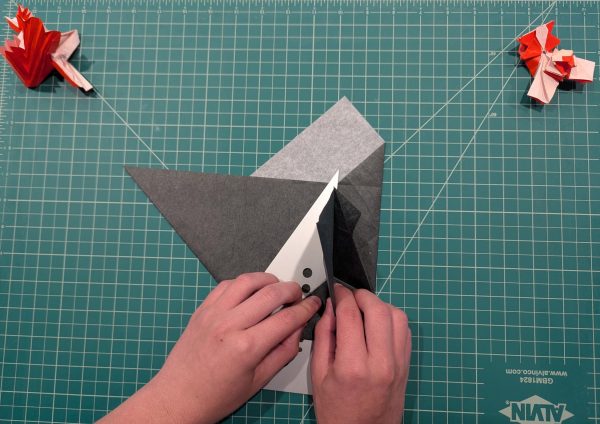
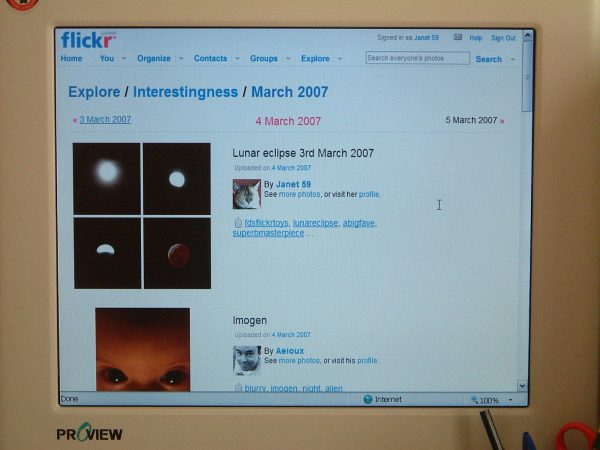
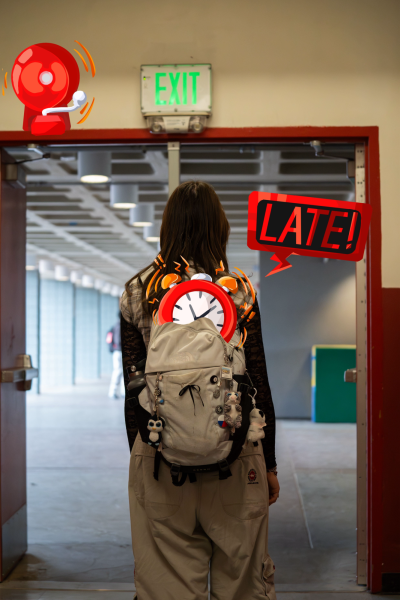
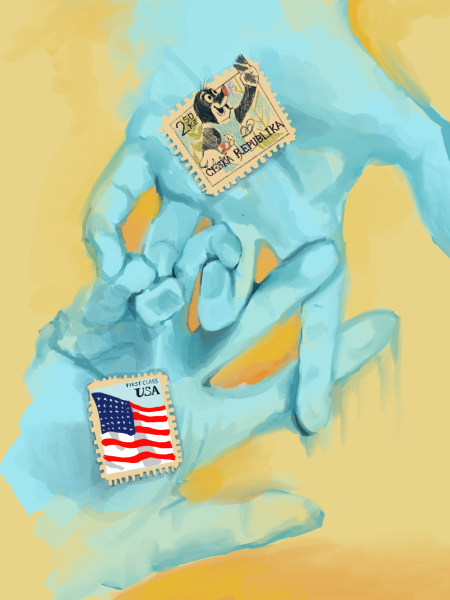


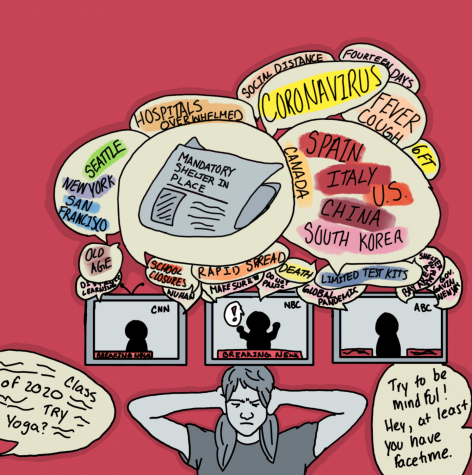
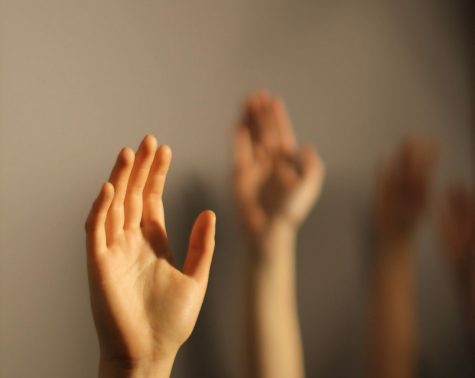
Sarah May • Apr 25, 2020 at 12:49 pm
“Access to menstrual hygiene is a right. Women do not choose to have periods; rather, it’s a natural process that we have to experience every month for an average of 40 years of our life. Menstrual products are a necessity, just like toilet paper, soap, and paper towels. Why should women be charged for merely trying to address a basic need?”
If tampons and other menstrual products should be free because they fulfill a basic need, by your logic, does that mean food and clothing should all be free? Menstrual products cost money to produce,